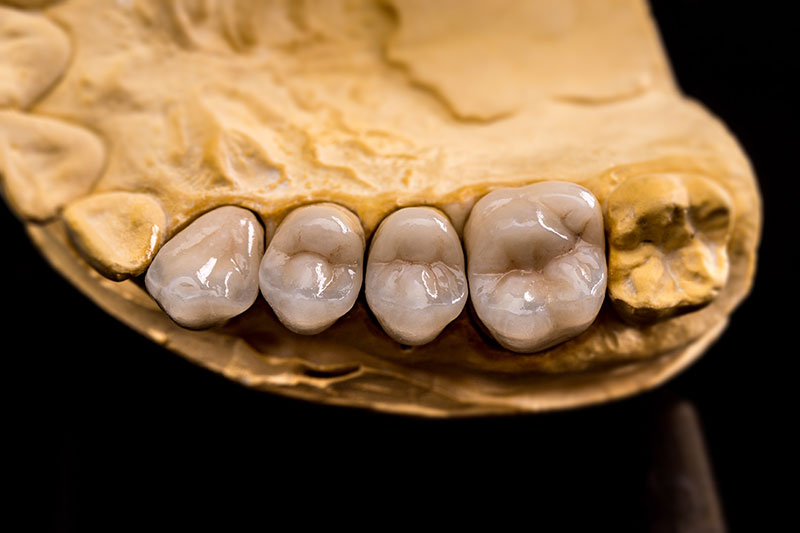
Sinus Lift Surgery: Everything You Need to Know
Are you wondering, “What is a sinus lift?”
For millions of people each year, sinus lift surgery, also called sinus augmentation or sinus graft can provide a solution to allow dental implants.
Unfortunately, the traditional sinus lift procedure is invasive. Requiring patients up to seven to ten days of home rest for sinus lift recovery time. During recovery, there is often ample swelling and bruising to the face.
However, other patients report minimal discomfort after a sinus lift.
Benefits of Sinus Lift
In any case, a sinus lift makes it possible to create a new bone in which to attach a new dental crown. If you are missing a molar on the upper jaw near the back, a sinus lift for dental implant provides an effective solution. Through sinus augmentation, the sinus floor is raised enough to provide room for the bone to hold a dental implant.
As a result, you can experience long-term health benefits.
Not only will you be able to chew and digest food more efficiently, but you will also avoid dental issues like tooth decay and periodontal disease.
Reasons You Might Need a Sinus Lift
It might sound daunting to consider a sinus procedure before getting a dental implant. However, the restorative surgical procedure is quite standard.
If you’re wondering why you need the surgery, here are some common reasons:
- Your jaw bone is naturally thin
- Prior trauma to the jaw bone
- Your sinus cavity is naturally larger
- There is bone loss due to periodontitis or tooth loss
- Cases where a tumor was removed
- Cases where a cyst was removed
- Bone loss due to lost teeth
The most common reason is the loss of bone after losing teeth like molars in the upper jaw.
Did you know that as much as 40 to 60 percent of the underlying bone, called alveolar bone, can recede in the three years after you lose a molar? It might seem odd to think about, but consider how quickly our muscle and bone would be lost without daily use.
In the same way, the alveolar bone can recede beneath without teeth to provide stimulation. Different reasons for bone loss include misaligned teeth or serious infection to the bone.
What is a Sinus Lift Procedure?
If you have concerns about a sinus lift procedure, we will answer all your questions. Our oral and maxillofacial surgery experts provide the best-personalized care so that you can recover as quickly as possible.
Next, we’ll look closer at, “What is a sinus lift” as well as newer sinus lift surgery alternatives, which are less invasive and may reduce recovery time.
As noted, the reason you may require a sinus lift surgery is that there isn’t sufficient bone in your upper back jaw or posterior maxilla. As many as 50 percent of patients have an insufficient bone density to support dental implants.
As stated, if you are missing teeth, that also leads to a loss of bone.
As the bone recedes, the sinus cavity expands and fills in. Thus, there isn’t enough structure to attach a new crown.
Unfortunately, a crown would fall out rather than staying in place.
Sinus Augmentation Methods
What if there were a way to regenerate new bone where we want it? Amazingly, a sinus lift allows us to do just that.
To do so, we have to raise the sinus floor or Schneiderian membrane in the maxillary sinuses. We create a sinus augmentation or maxillary sinus floor augmentation where the new bone graft can live. There are several techniques to accomplish this goal.
In one sinus lift procedure, a surgeon creates an incision and lifts a small section of the existing bone. After a surgeon lifts the bone section into the sinus cavity, they place bone graft material around it. Then, a larger area of healthy bone is allowed to grow for six to nine months.
Ultimately, the sinus lift for a dental implant is completed up to five months later. While it’s a lengthy process, your jaw is able to permanently support a dental implant. You never have to worry that your crown or bridge will fall out, and you can happily go about your daily life.
Now you know why a sinus lift procedure is important.
However, there are also relatively new alternatives to traditional sinus surgery, which we’ll look at next.
Improved Sinus Lift Surgery Alternatives
As an alternative to sinus lift surgery, there are Sinus Lift Implants.
These implants are less invasive and work similarly to dental implants. A hole in the side of the implant allows your care provider to pump fluid and bone graft material into the maxillary sinuses cavities in a less invasive manner. Thus, in many cases, this is a preferable sinus lift treatment.
In one procedure, we can regenerate bone and create a structure to attach a dental implant.
Often, this process takes just 20 to 25 minutes under local anesthesia. Also, patients’ recovery time can be reduced greatly, with many resuming normal activities on the same day or the day after. Six to nine months later, the bone graft is ready to apply the implant without the need for additional drilling.
Sinus Lift Complications
Now that we have covered what a sinus lift is, let’s look at possible sinus lift complications.
First, remember that a sinus lift or sinus graft is overwhelmingly successful, by up to 95 to 97 percent.
However, there are cases where the delicate sinus membrane is torn when lifted to make room for new bone growth. In such cases, your care provider will stop the sinus lift procedure.
Then, your doctor must repair the sinus membrane by stitching or the use of a patch. When the membrane heals, the sinus lift can resume.
Fortunately, the Schneiderian layer tends to grow back thicker and stronger than before. Thus, the sinus lift procedure is generally still a success.
Other risks include:
- Pain
- Tissue or nerve damage
- Scar formation
- Loosening of implants
- Bone graft rejection
- Sinusitis
- Inflammation
- Hematoma
- Infection
We are happy to discuss the risks for sinus lift surgery as well as the cost, which we’ll look at next.
Sinus Lift Cost
The cost for sinus lift procedures, followed by dental implants, can vary widely, depending on dental insurance and variables for each patient.
Some of the factors that affect the cost:
- The size and severity of the area treated
- Need for additional procedures
- Need for pain medications or antibiotics
- Type of bone graft used
- Traditional versus alternative treatment
- Insurance coverage
We estimate that dental implants may cost around $1500 to $4000 each with exceptions due to the above factors. Keep in mind, we offer discounts to most patients and financing options if needed.
Before you decide to get a sinus lift, it’s a good idea to check with your insurance company to see if they cover a sinus graft. Then, you’ll know what to expect for out-of-pocket expenses.
At NextGen OMS, we are happy to help you every step of the way. Please don’t hesitate to contact us for help determining the cost and for more information about a sinus lift.
The Best Choice for Sinus Lift Treatments
When considering a sinus lift procedure, it’s natural to have concerns. However, we are here to ease your anxiety.
As we do, we’ll provide clear answers about all available treatment options and the cost. Dental implants with a sinus procedure can be life-changing, allowing patients to enjoy better health as well as feeling more confident about their appearance.
As you consider choices for care, consider what to look for in a doctor.
Do they have:
- Experience in bone grafting and dental implants?
- Both Dental and Medical Degrees?
- Oral and Maxillofacial Surgical training?
- Ability to provide in-office anesthesia and IV sedation?
- Advanced training in Oral, Head and Neck Surgery and Reconstruction?
- Training and experience with complex dental implants?
- Experience with kids and adults?
- A friendly, professional, caring attitude?
Dr. Eftekhari meets all of these requirements and has years of experience. He has presented numerous presentations on his expertise in his field for his professional peers. Dr. Efterkhari’s work appears in many scholarly publications. With his exceptional background, experience, and education, Dr. Efterkhari is the best choice for your dental implant procedures. From minor cases to the most severe, you can rest assured that you will be in the best hands.
Visit our state-of-the-art medical offices in Plano and Frisco, Texas. NextGen Oral MaxilloFacial & Reconstructive Surgery Center provides cutting-edge technologies to ensure our patients receive the best care possible on time.
Whether you are seeking dental implants, cosmetic procedures, or advanced head and neck surgery, we pride ourselves on delivering the best care for each patient.
Contact us at 817-349-9122 today.


